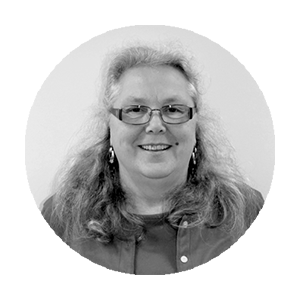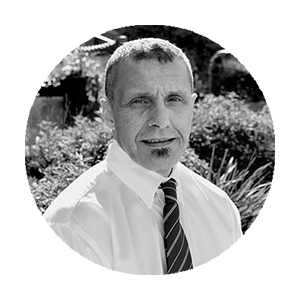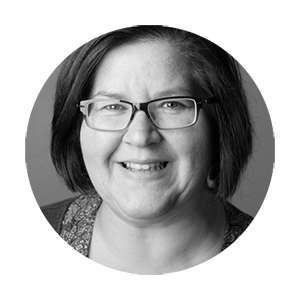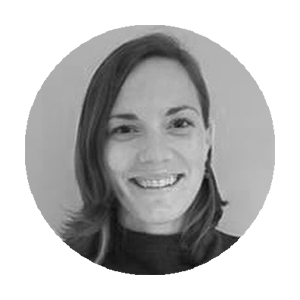 Voir en français
Voir en français

Together We’re Changing Ontario’s Credit Transfer Culture ![]()
Now in our 7th year, we’re pleased to once again host many of Ontario’s postsecondary education professionals who are involved in credit transfer.
Learn about emerging directions on transfer and mobility, both provincially and nationally, explore new partnerships, and share credit transfer and student support with likeminded peers.
SAVE THE DATE
2018 Student Pathways in Higher Education Conference
Monday, April 16 and Tuesday, April 17, 2018
Toronto Marriott Downtown Eaton Centre, 525 Bay Street, 416-597-9200
The 2018 Student Pathways in Higher Education conference is only open to delegates who have been selected by their college or university to participate. Institutions may choose to support additional registrants beyond their original four at a cost of $240.00 per registrant (see the Travel Policy for complete details). A waitlist will be employed to ensure that space permits. To verify your status if you are waitlisted, please send an email to conference@oncat.ca.
![]()
![]() Click here for ONCAT Travel Policy
Click here for ONCAT Travel Policy
![]() The conference is scent free. Click here for full accessibility details.
The conference is scent free. Click here for full accessibility details.
![]() Photography/Videography will take place. Click here for full release details.
Photography/Videography will take place. Click here for full release details.
The sacred land on which ONCAT operates, and on which the Conference will be held, has been a site of human activity for 15,000 years. This land is the territory of the Huron-Wendat and Petun First Nations, the Seneca, and most recently, the Mississaugas of the Credit River. The territory was the subject of the Dish With One Spoon Wampum Belt Covenant, an agreement between the Iroquois Confederacy and the Ojibwe and allied nations to peaceably share and care for the resources around the Great Lakes.
Today, the meeting place of Toronto (from the Haudenosaunee word Tkaronto) is still the home to many indigenous people from across Turtle Island and we are grateful to have the opportunity to work in the community, on this territory.
|
Stephen J. Handel has over 30 years of experience in the higher education sector. He has recently been named the first Executive Director of Higher Education Assessment Use for the College Board – a not-for-profit organization created to expand access to higher education, with a membership of over 6,000 of the world’s leading educational institutions. In this capacity, he consults with college and university enrollment leaders in the development of fair and effective psychometric measures and other information that benefits students seeking access to higher education. 
Dwayne Matthews Dwayne Matthews is a life and education strategist. He converges and shares knowledge on education, disruptive technology, practical psychology, and the evolution of work.
 S. Brenda Small, Vice President, Centre for Policy in Research in Indigenous Learning S. Brenda Small, has led many access, liberal arts and Indigenous education initiatives for 24 years. Brenda has developed several certificate and diploma programs and degree studies in Indigenous Leadership and Community Development. An experienced speaker and facilitator, Brenda has worked with Indigenous community partners and the College’s Indigenous education leaders at Negahneewin Council to advance the interests of Indigenous learners. Brenda is the matriarch of her family in Moose Factory, Ontario and northern Minnesota. She belongs to the northern Cree Nation in Quebec and grew up in northern Ontario. 
 Dr. Joyce Helmer, Research Associate, Centre for Policy and Reserch in Indigenous Learning Dr. Joyce Helmer is Anishinaabe with ancestral roots in Kitigan Zibi, Quebec. She has lived most of her life in Northern Ontario and has worked in Indigenous postsecondary education for over 40 years. She holds the rank of Associate Professor at the Northern Ontario School of Medicine and is the Chair of the Indigenous Admissions Committee.
|
Dan Longboat, Moderator; Director, Indigenous Environmental Program, Trent University Dr. Dan Longboat “Roronhiake:wen…He Clears the Sky”, Turtle Clan of the Mohawk Nation, a Citizen of the Haudenosaunee; The Six Nations Confederacy from Ohswe:ken, at the Grand River Territory.
Dr. Don McCaskill, Professor, Indigenous Studies, Trent University Dr. Don McCaskill has been a Professor of in the Department of Indigenous at Trent University for 46 years. He has held many positions within the university including; being Chair of the department for 13 years, the Founding Director of the Indigenous Studies PhD program (the first such program in Canada), Director of the Native Management and Economic Development program and Director of the Thailand Year Abroad program. He has taught courses in Indigenous education, urbanization, community development, politics, research methods, justice and corrections, and international development. He has conducted extensive research on these topics and published numerous articles, reports and books. Books that he has edited include, Indian Education in Canada Volumes 1 and 2 and Development or Domestication: Indigenous Peoples in Southeast Asia. He was the Research Director for the Toronto Aboriginal Research Project and Urban Aboriginal Task Force (studies of six cities in Ontario). He has been a member of the First Circle for the ONCAT Pathways project for four years.
 David Marasco, University Registrar, Algoma University As a member of the AU community for the past 26 years, David Marasco has been University Registrar for the past ten years with extensive experience in partnerships including secondary schools, community colleges, universities and international institutions. He has championed many partnership efforts working collegially and collaboratively with the best interests of the student at the forefront. David has worked with credit transfer/pathways and curriculum assessment for almost 20 years. While serving on many Senate committees, David has gained valuable experience both administratively, strategically while incorporating the institution's mission to support the Anishinaabe language and culture. Other portfolios he is responsible for include the Student Success team which is responsible for strategies to support student retention and success, as well, he is the Director of Institutional Research. 
 Jeannette Miron, Registrar and Director, Strategic and Enrolment Services, Canadore College Jeannette Miron has worked in the Ontario College and University system for over seventeen years. She has progressed through various roles in her career and is currently the Registrar and Director, Strategic Enrolment services at Canadore College in North Bay. Pathways and transfer credit fall within her portfolio. She has been an active participant in transfer and mobility initiatives at her institution and provincial working groups for the past seven years.

Emily Willson, Project Manager- Centre for Policy and Research in Indigenous Learning Emily holds a MA degree from Trent University where she gained experience in conducting community-based, mixed-methods research in the context of Indigenous food security. She also completed a Bachelor of Applied Science (honours) in Applied Human Nutrition and the University of Guelph. Previously, she was a Teaching Assistant and a Resource Centre coordinator for the Indigenous Environmental Studies/Sciences program (Trent), which provided her with opportunities to learn about and gain experience in Indigenous education within postsecondary. |
Copyright © 2018 ONCAT. All Rights Reserved. • ONCAT is funded by the Government of Ontario